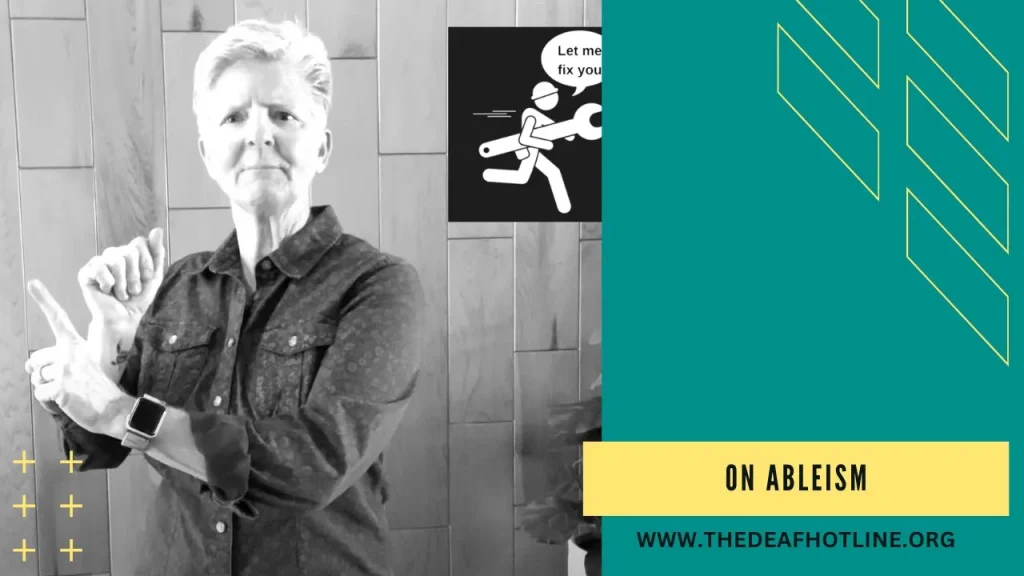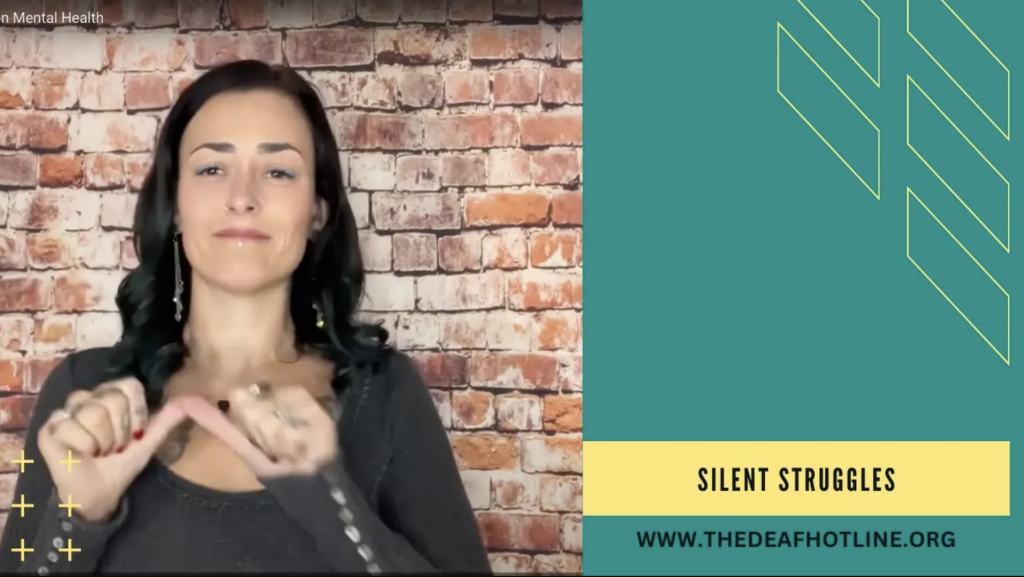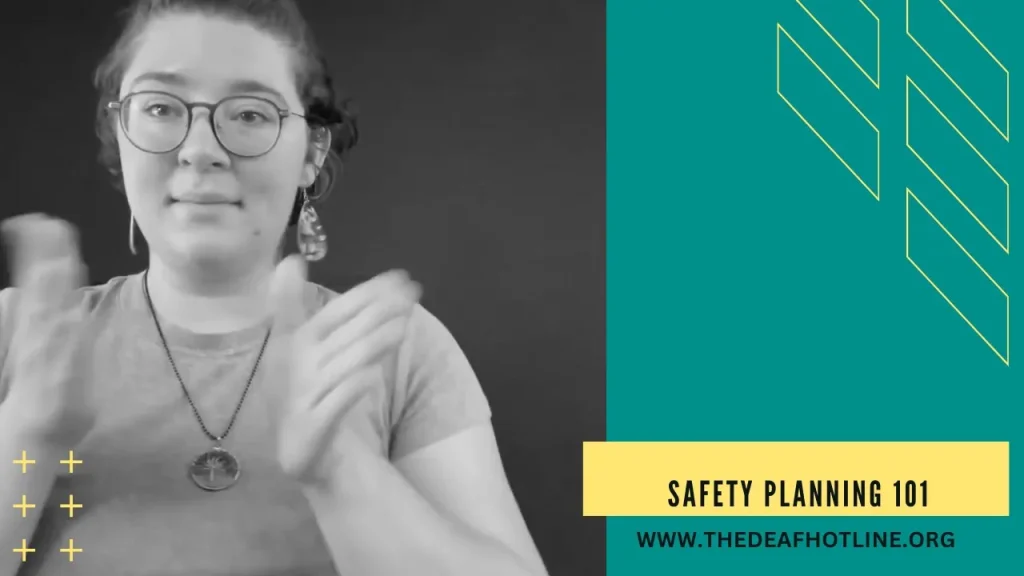Community intervention takes collective effort and practice
How to Support Loved Ones
Statistically, we are likely to know some abusers in our circles: friends, family, colleagues, or others. This is why community intervention is important. We may notice someone poorly treating their partner. This may be a warning sign to keep in mind. When they are alone behind closed doors, it could be worse.
Why Do People Stay?
Abusive relationships are complex situations, and it takes a lot of courage to leave. Leaving is often the most dangerous period of time for survivors of abuse, due to retaliation. Beyond the physical risks of leaving an abusive situation, there are countless other reasons why people stay in their relationships.
Fear of Retaliation
A person will likely be afraid of the consequences if they decide to leave their relationship, either out of fear of their partner’s actions or concern over their own ability to be independent.
Unaware
If someone grew up in an environment where abuse was common, they may not know what healthy relationships look like. As a result, they may not recognize that their partner’s behaviors are unhealthy or abusive. This may be called the “pre-contemplation stage.”
Feeling Responsible
It can be difficult for someone to admit that they’ve been or are being abused. They may feel that they’ve done something wrong, that they deserve the abuse, or that experiencing abuse is a sign of weakness. Remember that blame-shifting is a common tactic that their partner may use and can reinforce a sense of responsibility for their partner’s abusive behaviors.
Intimidation
A survivor may be intimidated into staying in a relationship by verbal or physical threats, or threats to spread information, including secrets or confidential details (i.e. revenge porn etc). For LGBTQ+ people who haven’t come out yet, threats to out someone may be an opportunity for abusive partners to exert control.
Lowered Confidence
After experiencing verbal abuse or blame for physical abuse, it can be easy for survivors to believe those sentiments and believe that they’re at fault for their partner’s abusive behaviors.
Lack of resources
Survivors may be financially dependent on their abusive partner or have previously been denied opportunities to work, a place to sleep on their own, language assistance, or a network to turn to during moments of crisis. These factors can make it seem impossible for someone to leave an abusive situation.
Disability
If someone depends on other people for physical support, they may feel that their well-being is directly tied to their relationship; a lack of visible alternatives for support can heavily influence someone’s decision to stay in an abusive relationship if they have a disability.
Immigration status
People who are undocumented may fear that reporting abuse will affect their immigration status. If they have limited English proficiency, these concerns can be amplified by a confusing and convoluted legal system and an inability to express their circumstances to others.
Cultural context
Traditional customs or beliefs may influence someone’s decision to stay in an abusive situation, whether held by the survivor or by their family and community. Learn more about abuse in different cultural contexts.
Children and pets
Many survivors may feel guilty or responsible for disrupting their familial unit. Keeping the family together may not only be something that a survivor may value, but may also be used as a tactic by their partner used to guilt a survivor into staying.
Love
Experiencing abuse and feeling genuine care for a partner who is causing harm are not mutually exclusive. Survivors often still have strong, intimate feelings for their abusive partner. They may have children together, want to maintain their family, or the person abusing them may simply be charming (especially at the beginning of a relationship), and the survivor may hope that their partner will return to being that person.
What You Can Do
The first step to resolving abuse and harmful behavior is accountability. Talk with the victim before doing anything to reduce the potential for retaliation. Discuss your plans to maximize safety; suggest that they call a hotline or a local agency to conduct a safety plan.
The act of someone saying something, intervening and naming abusive behavior is enough to get people thinking about how they treat the people around them.
- Trust your intuition. Red flags should not be ignored.
- Warning signs make themselves known, so if you see or hear something that makes you feel uncomfortable or crosses a line, note it and remember it.
- Be involved, but be respectful. Don't get yourself or victims in a dangerous situation.
- Don't try to fix other people's relationships. Getting too involved by force may put the victim at risk.
- Discuss with the victim before proceeding with intervention.
Recent Posts
On Ableism
We are aware that the world is inherently ableist because it was not designed with people with disabilities in mind. Ableism is rooted in the assumption that disabled people require “fixing” and defines people by their disability. What can ableism…Continue Reading →
Silent Struggles: Impact of Domestic Violence on Mental Health
In the shadows of domestic violence, the toll on mental health can be profound and enduring for deaf individuals. It is crucial to recognize and address the silent struggles faced by survivors as they navigate the complex aftermath of abuse.…Continue Reading →
Safety Planning 101
Safety Planning 101: Offer practical tips and guidelines for creating a personalized safety plan for those in abusive situations. Safety Planning 101: Taking Control of Your Well-being Navigating the path to safety in an abusive relationship requires careful planning and…Continue Reading →
